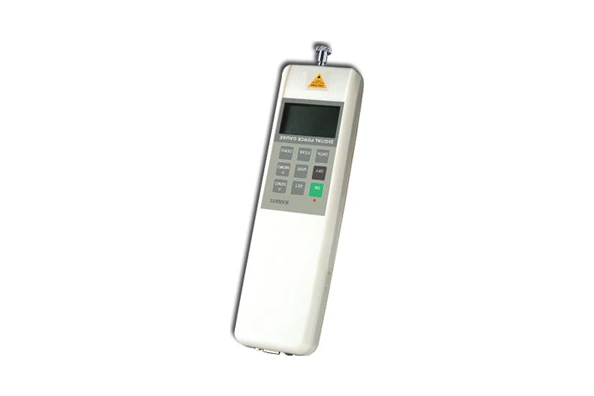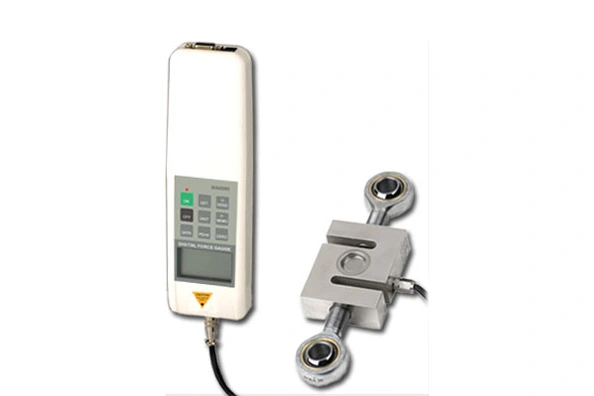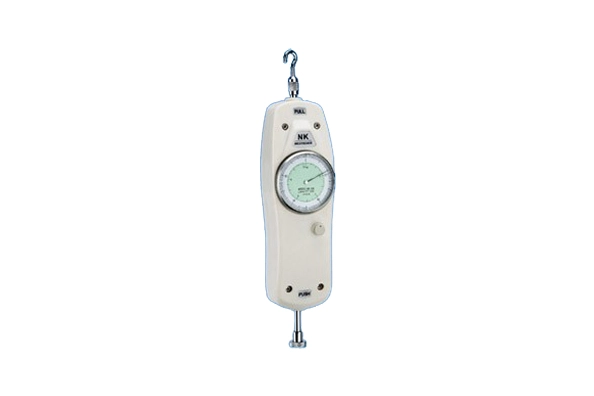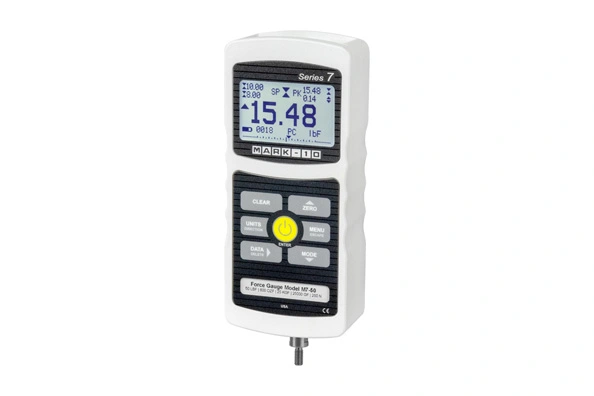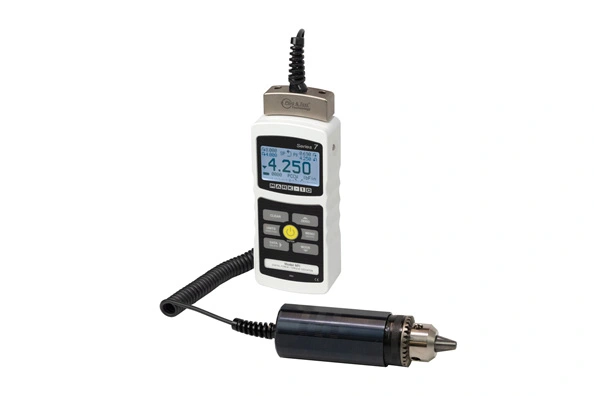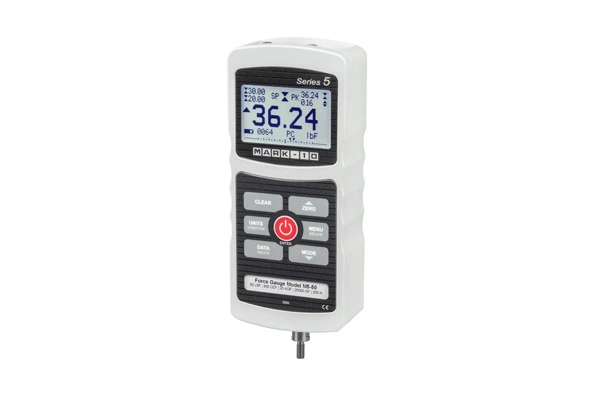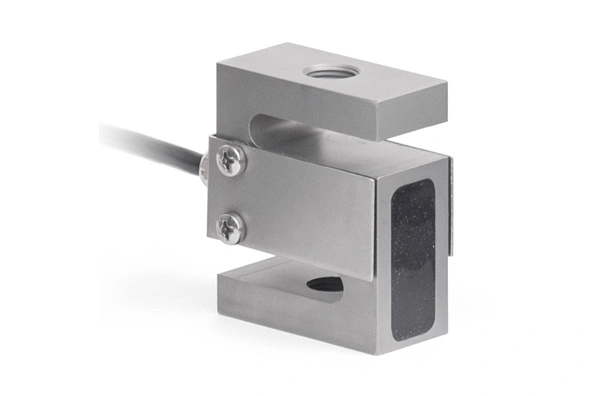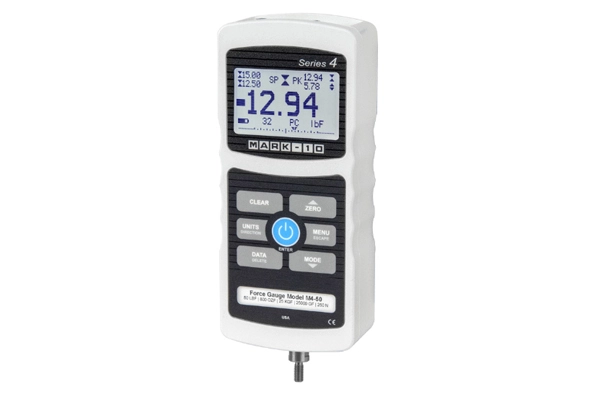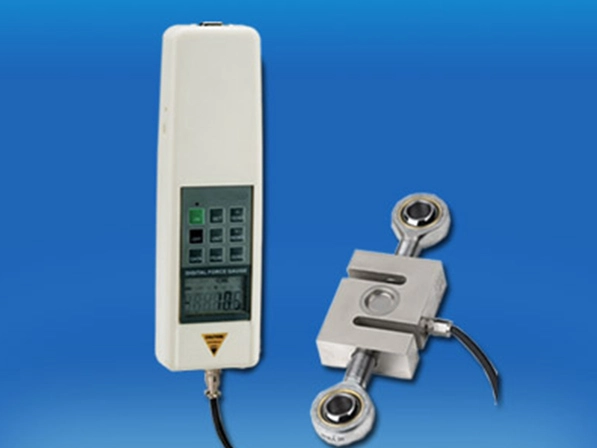As one of professional force gauge manufacturers, our Force gauges provide precise and accurate measurements of force, allowing for more reliable and consistent results. This is particularly important in industries such as manufacturing and quality control, where the accuracy of force measurements is crucial for ensuring product safety and performance.
-
Products
- Force Gauge
- Automatic Rockwell Hardness Tester
- Superficial Rockwell Hardness Tester
- Surface Roughness Tester
- Coating Thickness Gauge
- Ultrasonic Thickness Gauge
- Portable Leeb Hardness Tester
- Webster Hardness Tester
- Barcol Impressor Hardness Tester
- Shore Hardness Tester
- Flaw Detector
- Sterilizer and Distiller
- HP Force Gauge Test Stand
- Fruit Hardness Tester
- Digital Torque Meter
- Brinell Hardness Tester
- Vibration Tester
- CO2 Meter
- Portable Meters
- Blocks and Spare parts
- Test Types
- Application
- Company
- Services
- Contact Us
- Request A Quote

 français
français Español
Español русский
русский العربية
العربية português
português
